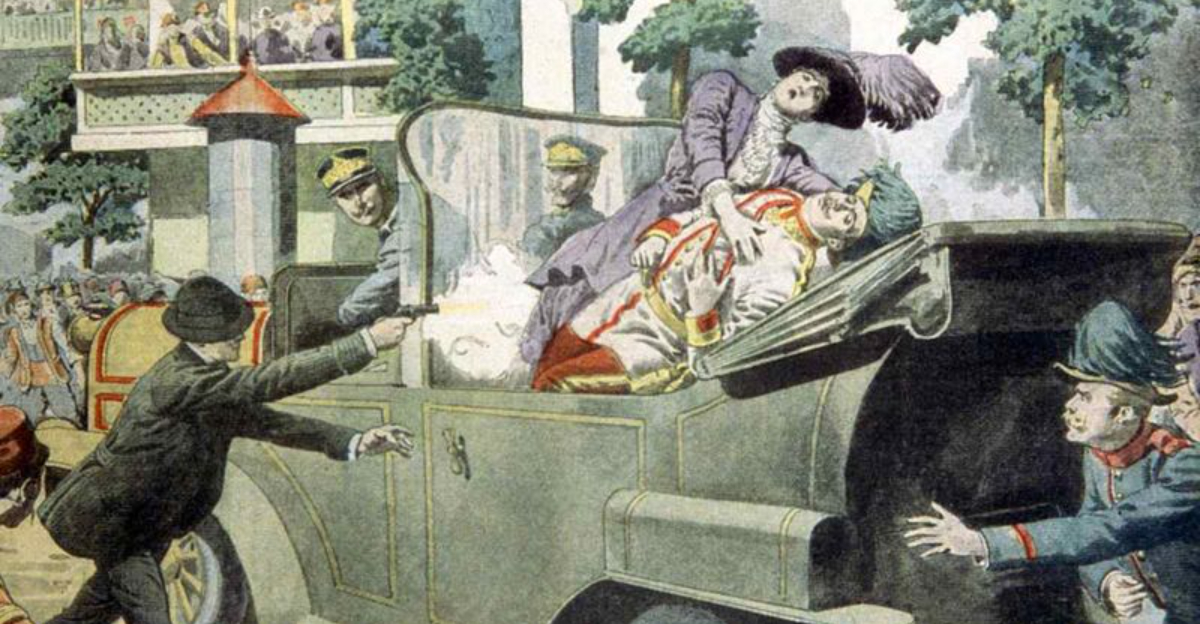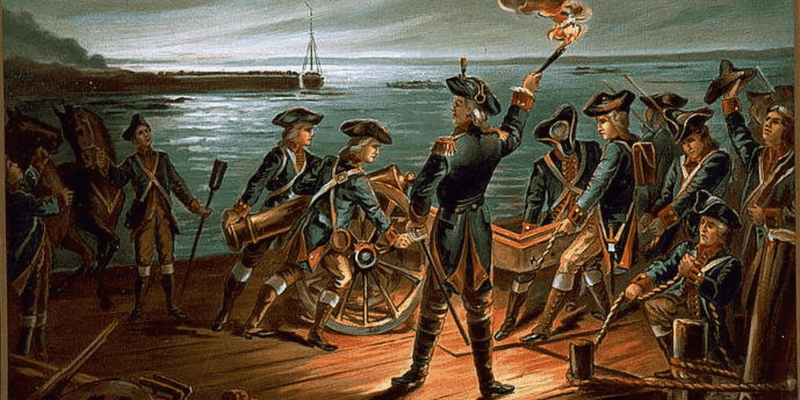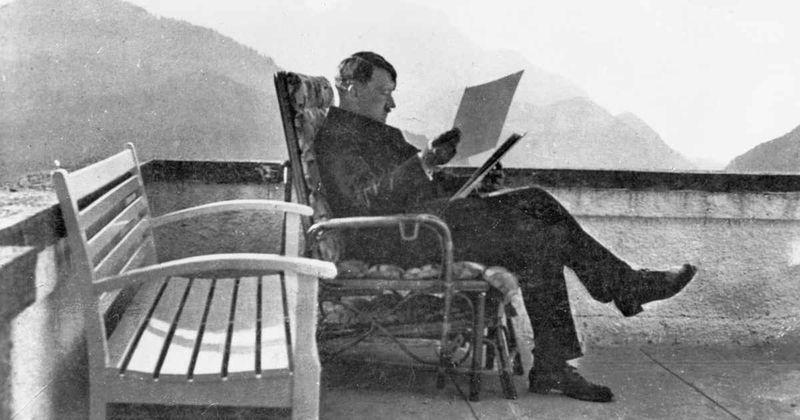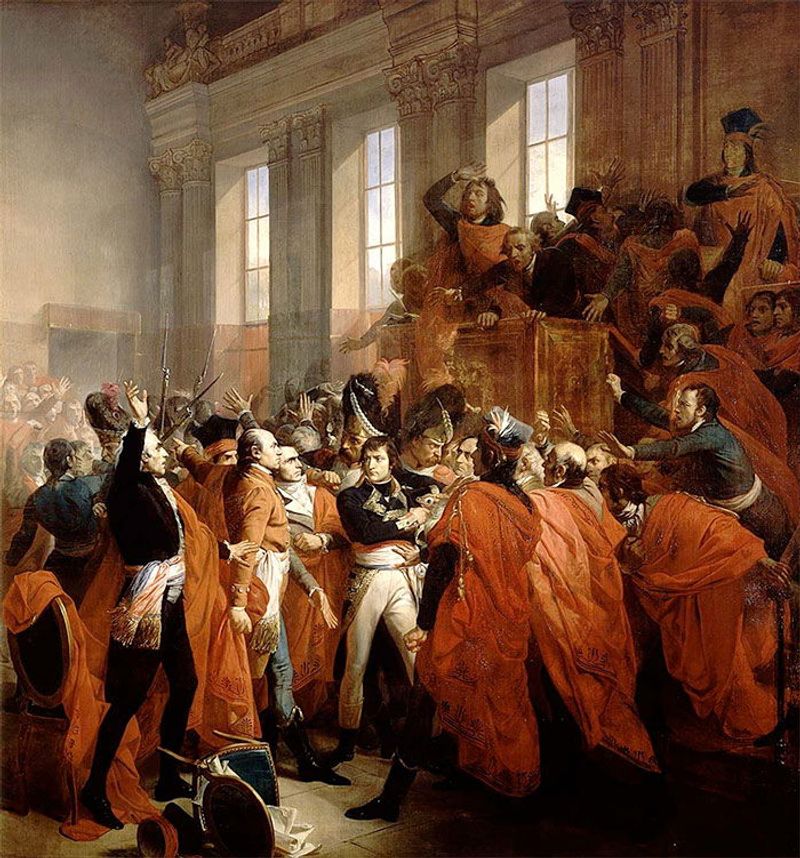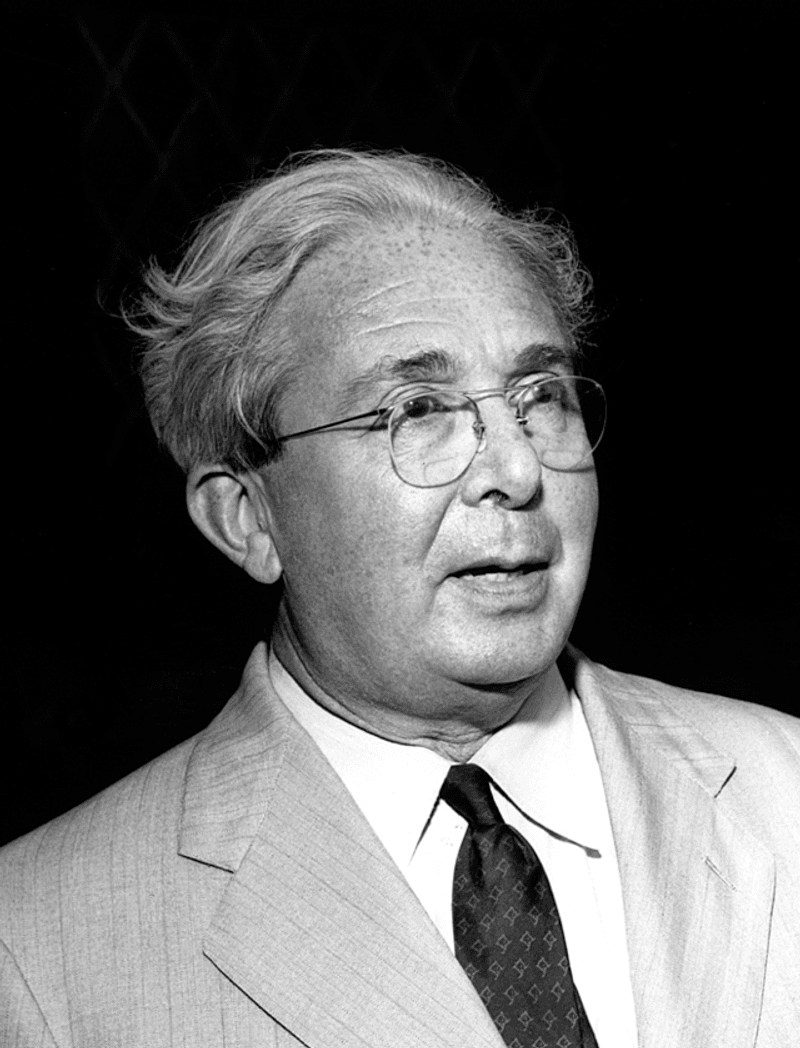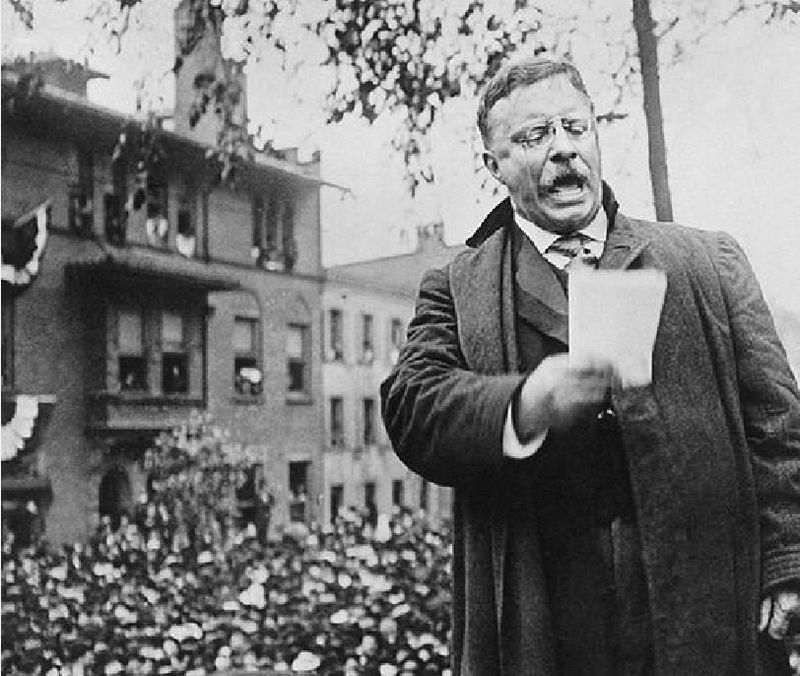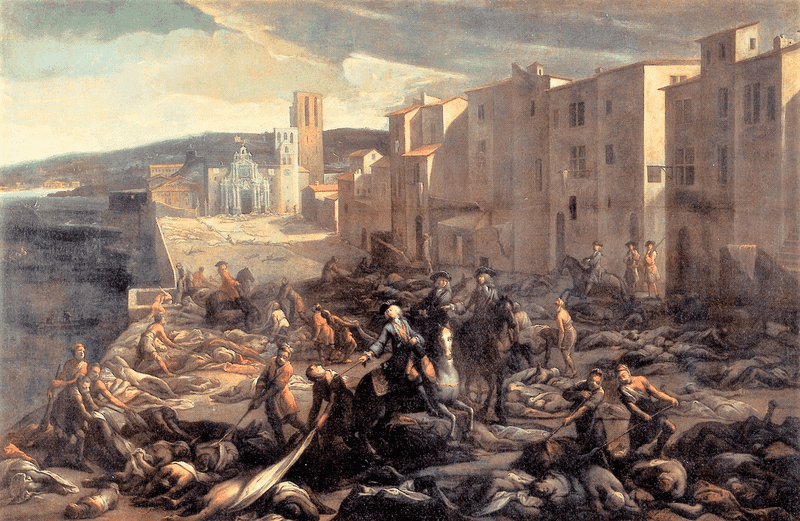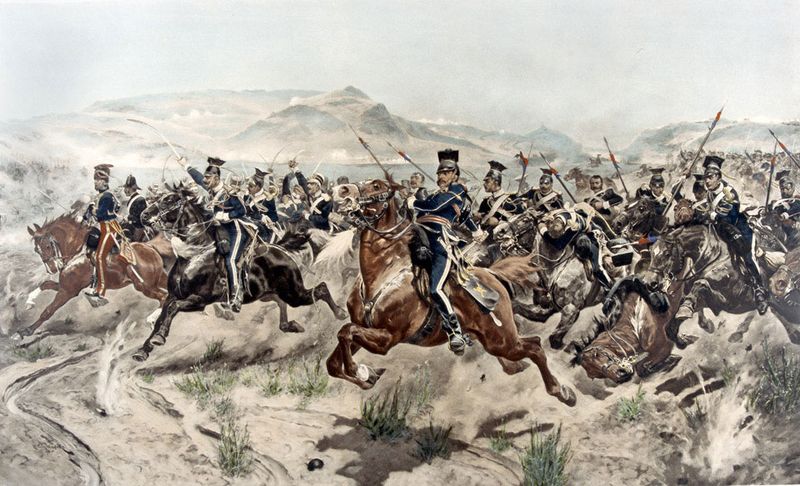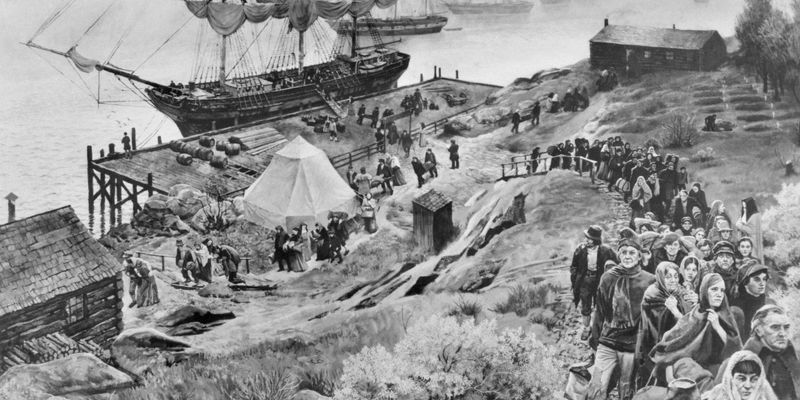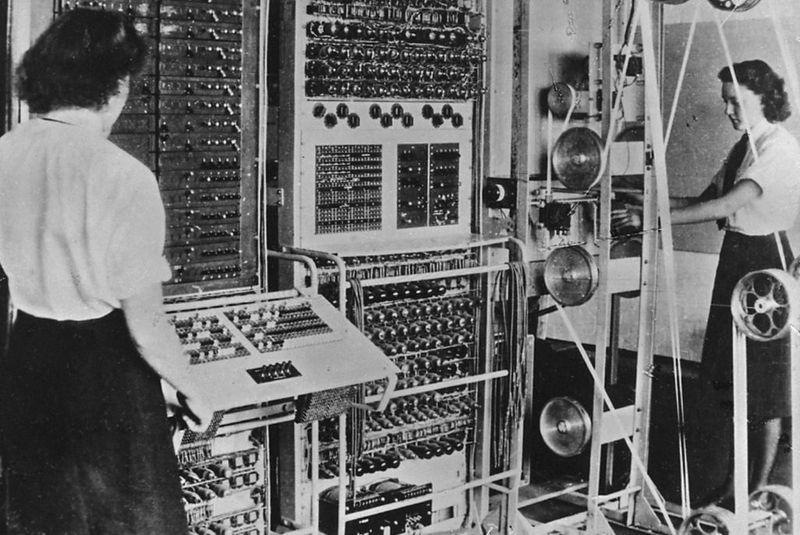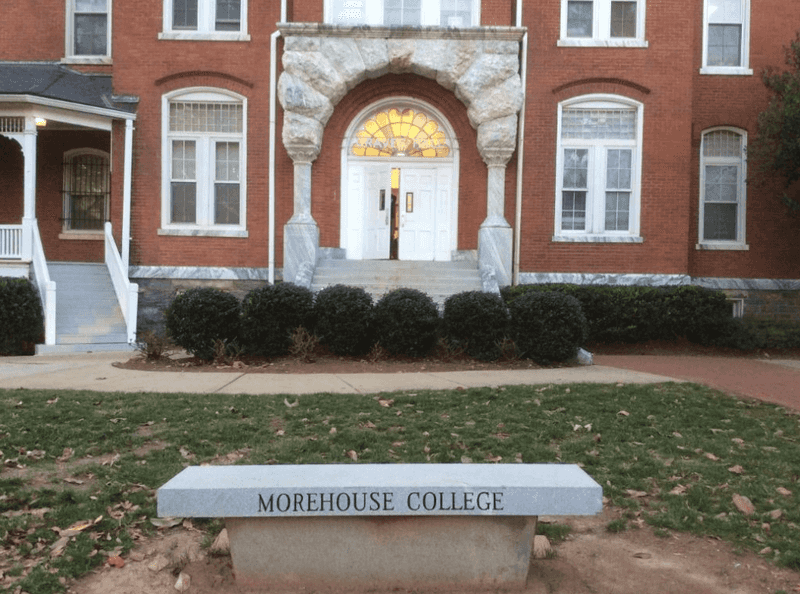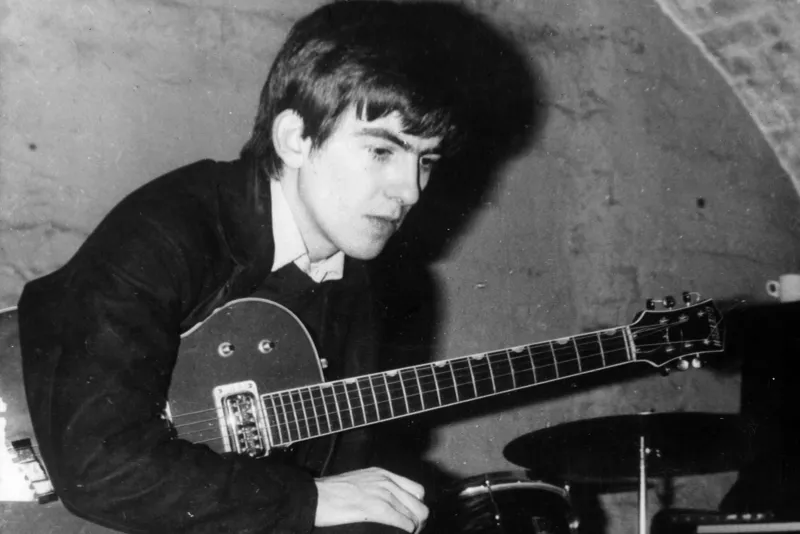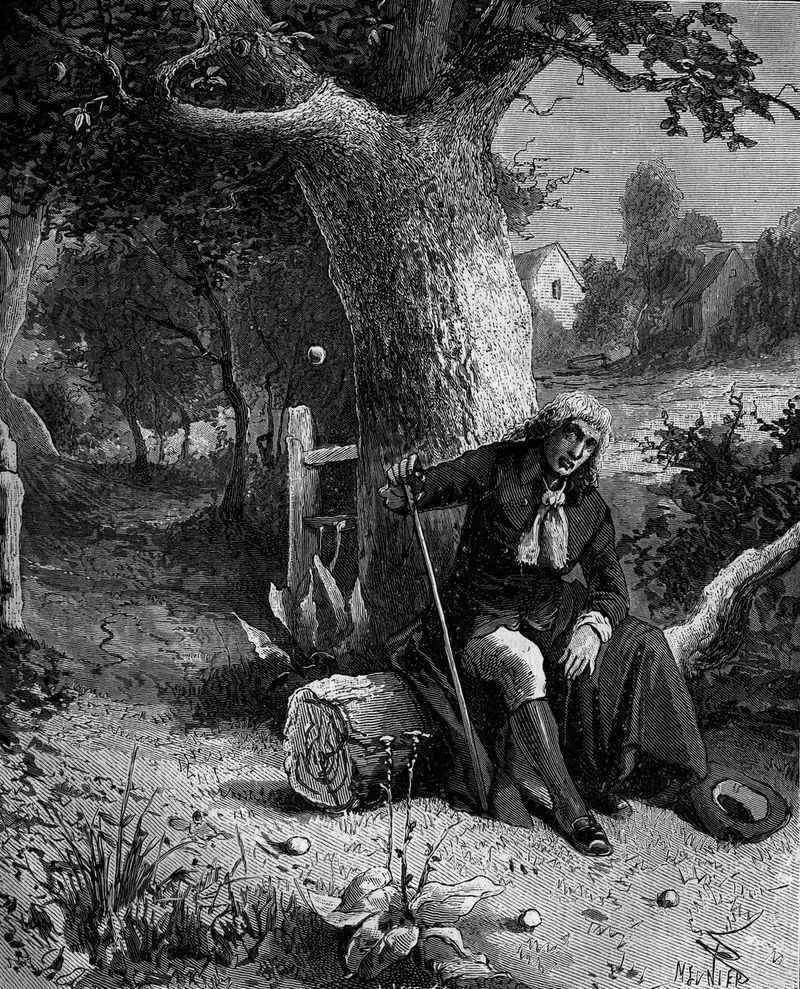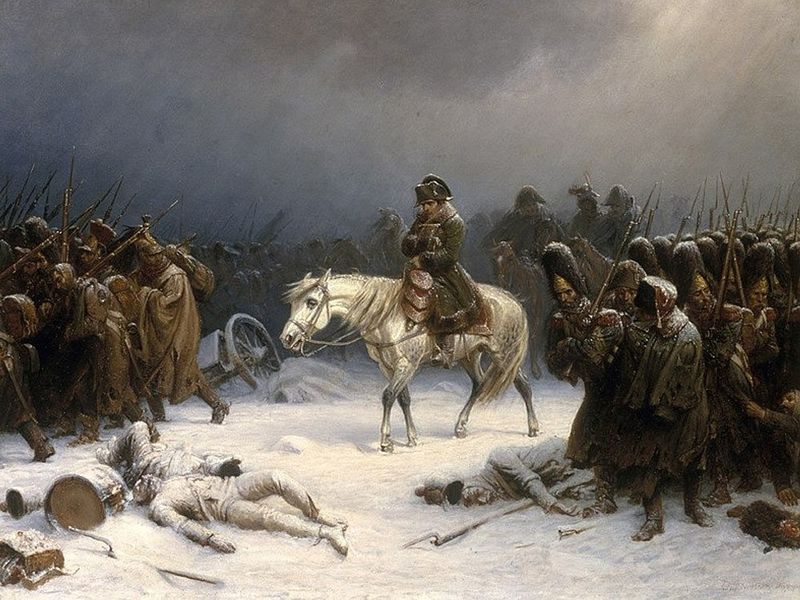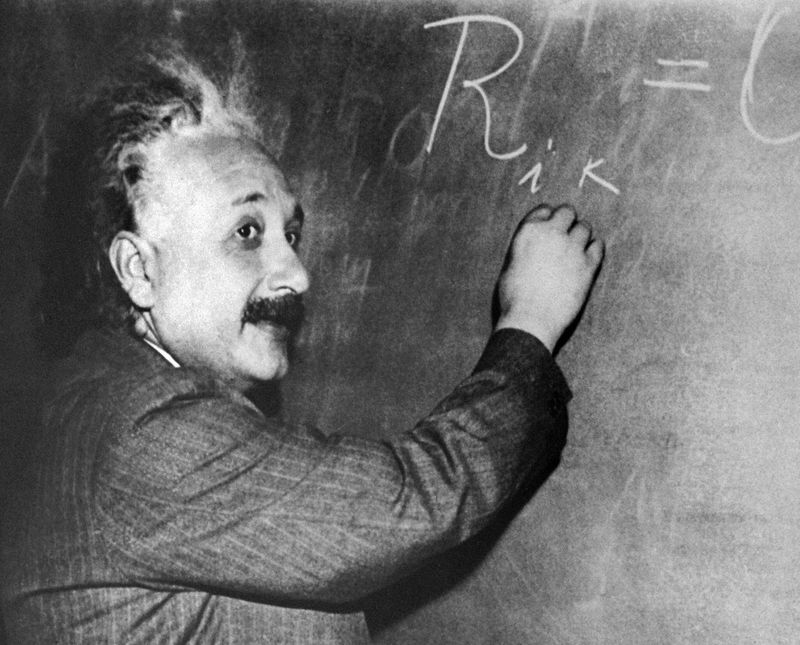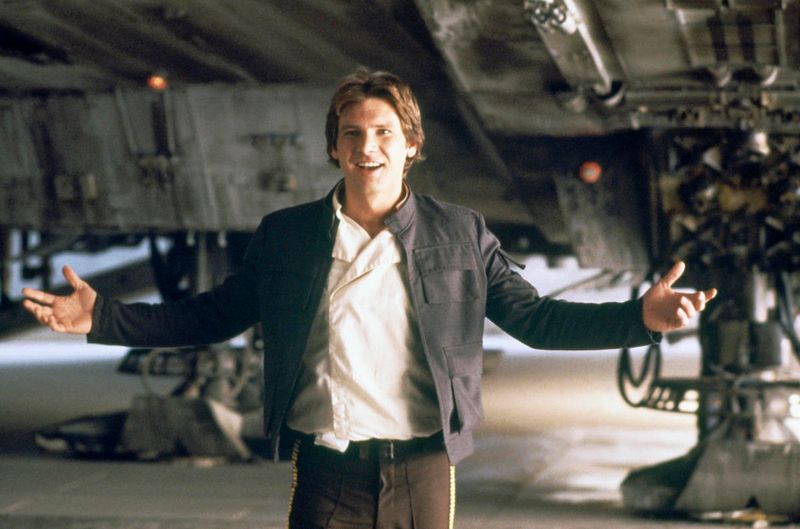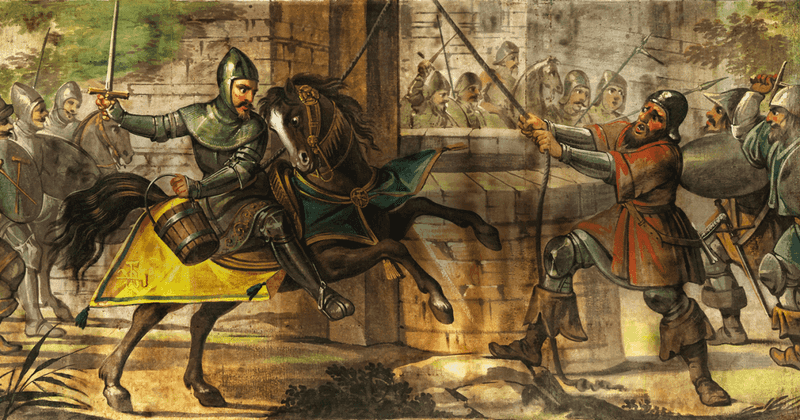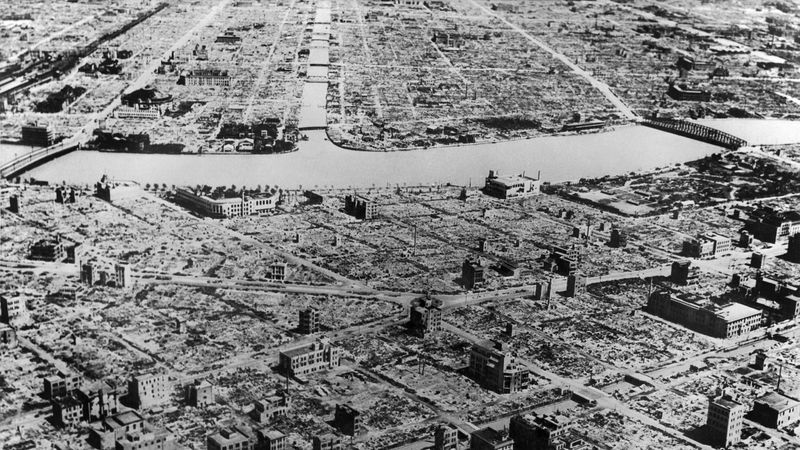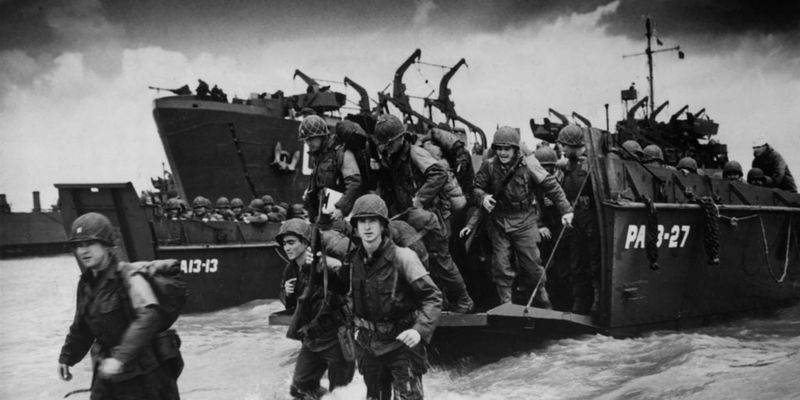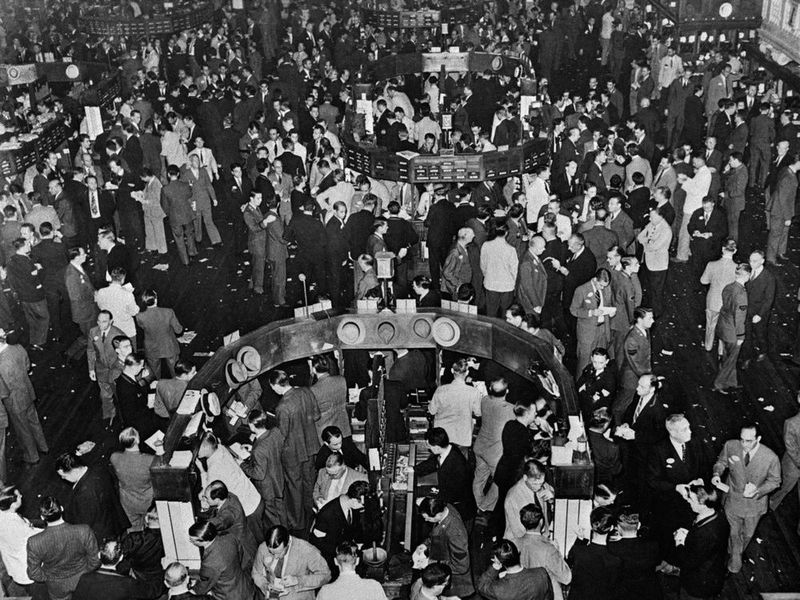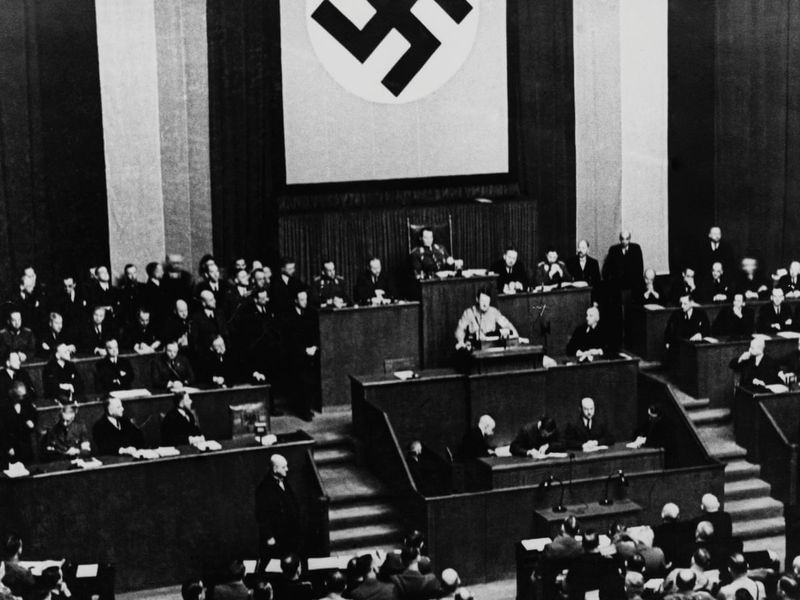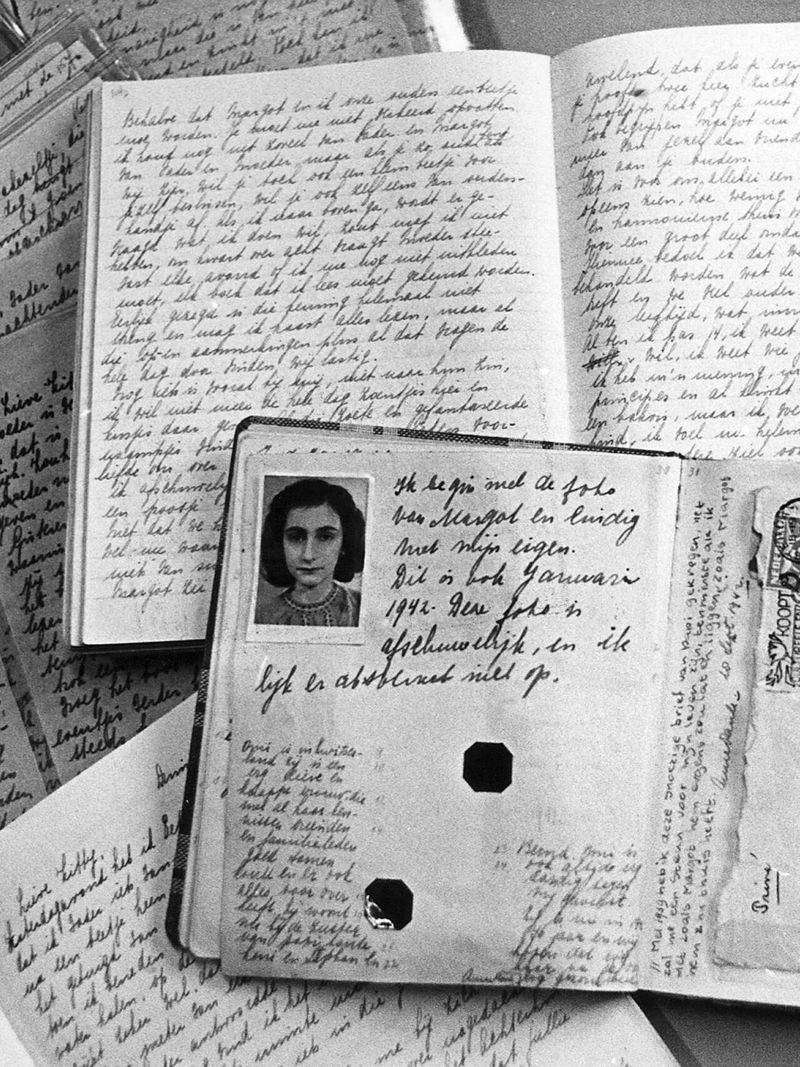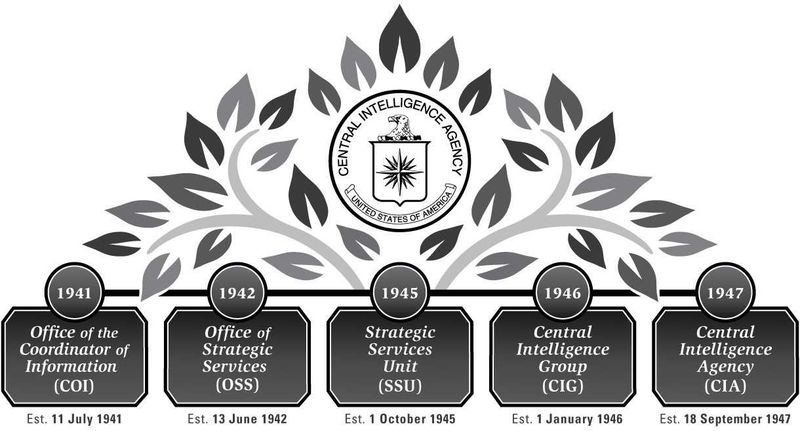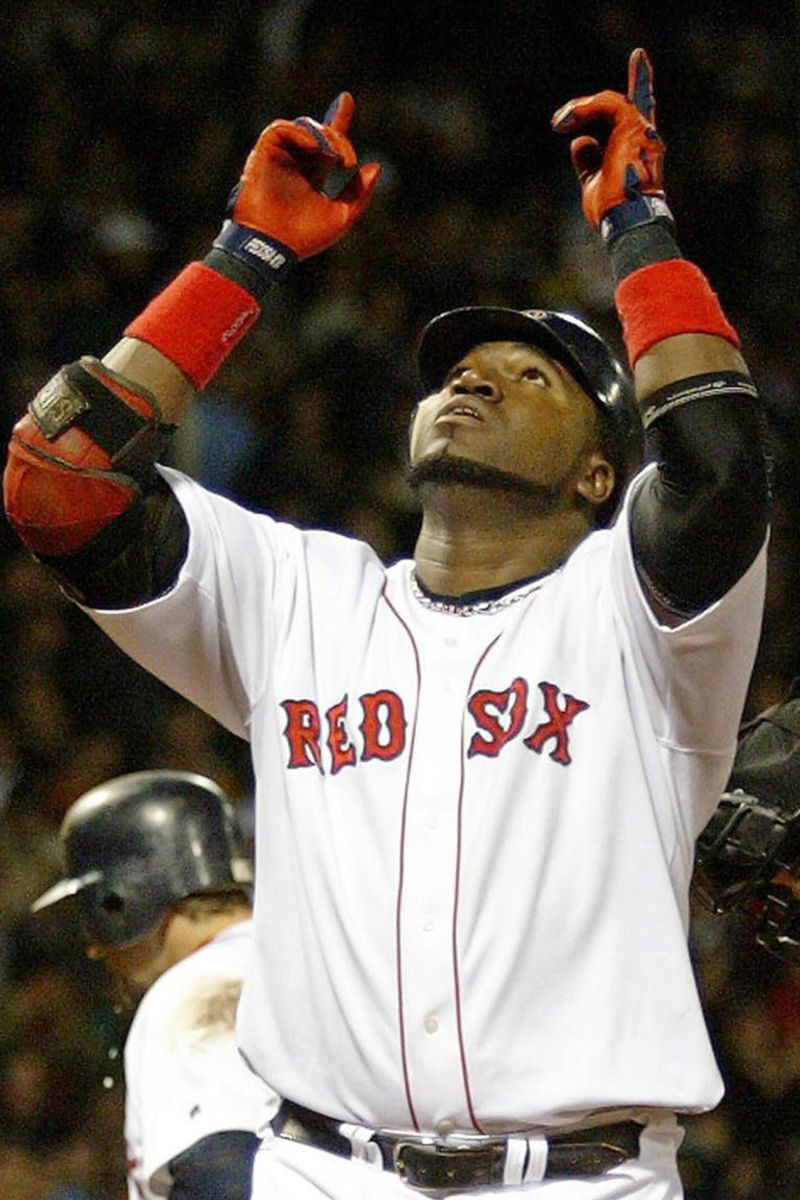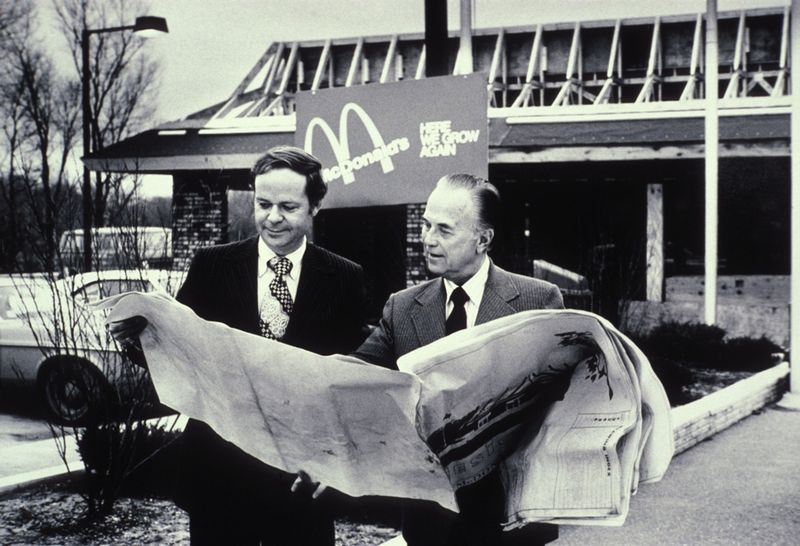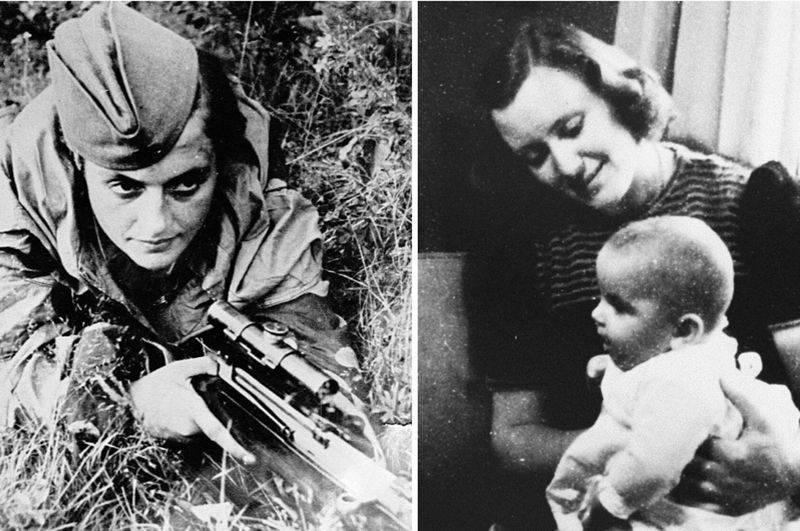History isn’t just shaped by revolutions or presidents—it’s also rewritten by chance encounters, missed trains, and tiny mistakes. These 28 real-life events started small… but spiraled into global turning points. You won’t believe what one wrong move (or lucky moment) set in motion.
1. The Wind That Saved George Washington
During the Battle of Long Island, an unexpected turn of weather played a crucial role in shaping the future of a nation. A mysterious fog, combined with a favorable wind, allowed George Washington’s army to slip away from British forces undetected.
Had the weather conditions been different, the outcome could have been disastrous for the fledgling United States. This atmospheric anomaly is a testament to the unpredictable elements that can influence historical events, turning potential defeat into a strategic retreat that preserved the fight for independence.
2. Hitler Fails Art School, Starts WWII
Twice rejected by the Vienna Academy of Fine Arts, a young Adolf Hitler’s dreams of becoming an artist were dashed, redirecting his path towards politics. This pivotal moment is a stark illustration of how a single rejection can alter the course of history.
Had he succeeded in art school, the world might have been spared the horrors of World War II. This example of the butterfly effect highlights how individual failures and redirections can have profound global consequences, shaping the destiny of millions.
3. A Clerk Misplaces a Document—and Napoleon Rises
In 1799, a seemingly trivial clerical error paved the way for one of history’s most influential leaders. A misfiled report allowed Napoleon Bonaparte to evade legal constraints and ascend to power in France.
This oversight serves as a powerful reminder of the significant impact that seemingly minor administrative errors can have. It illustrates how the fate of political landscapes can hinge on tiny mistakes, emphasizing the unpredictable nature of historical developments.
4. The Wrong Guy Invents the Atomic Bomb
In an unexpected twist of fate, physicist Leó Szilárd stumbled upon an H.G. Wells story about atomic energy. This chance reading sparked his groundbreaking idea of the nuclear chain reaction, leading to the development of the atomic bomb.
His scientific curiosity set in motion a series of events that culminated in the Manhattan Project, forever changing warfare and global politics. This story exemplifies how accidental inspiration can lead to world-altering innovations, proving that the right idea can emerge from the most unlikely sources.
5. A Missed Train Saves a President
In a twist of fate, Teddy Roosevelt’s lateness for a meeting in Milwaukee saved his life. A missed train thwarted the plans of an assassin lying in wait.
This narrow escape highlights the unpredictable nature of chance and how seemingly minor delays can have life-saving outcomes. It serves as a powerful example of how missed opportunities and unexpected setbacks can sometimes lead to fortuitous results, altering personal histories and, by extension, the course of politics.
6. A Plague of Rats Creates the Renaissance
The Black Death, while devastating, led to a significant shift in societal structures. As the plague decimated the population, the reduced labor force empowered peasants to demand better wages, catalyzing social change.
This increased economic freedom and mobility helped spark the Renaissance, a period of cultural rebirth and innovation. This story illustrates how catastrophic events can inadvertently lead to positive transformations, reshaping societies and inspiring new eras of creativity and thought.
7. A Typo Sends Troops into Battle
In the 1854 Crimean War, a simple misread telegram led to a tragic military blunder. The British Light Brigade, due to a typographical error, charged into the wrong valley, directly into the path of enemy fire.
This devastating mistake underscores the critical importance of clear communication and accuracy in wartime. It highlights how small errors in information transmission can have dire consequences, leading to unnecessary loss and shaping military history.
8. A Sandwich Sparks a World War
In 1914, a seemingly insignificant wrong turn by Archduke Franz Ferdinand’s driver became the starting point of a global conflict. The detour brought them past an unsuspecting assassin, Gavrilo Princip, who had just emerged from a sandwich shop. The assassination that followed triggered World War I, forever altering the course of history.
This tiny, accidental connection between a driver’s error and a global war underscores the uncertainty and interconnectedness of events. It serves as a vivid reminder of how small actions can set off monumental changes, reshaping nations and alliances.
9. A Potato Disease Changes America
The Irish Potato Famine, caused by a relentless fungus during British colonialism, forced millions to emigrate, dramatically altering the demographic landscape of the United States. This mass migration introduced new cultural influences and political dynamics.
The arrival of Irish immigrants played a significant role in shaping American society, contributing to its diversity and growth. This event exemplifies how a natural disaster in one part of the world can have far-reaching effects, influencing the cultural and political fabric of distant nations.
10. A Beekeeper’s Mistake Helps Win WWII
Beekeeper and codebreaker Dilly Knox noticed patterns in early German ciphers that resembled the dances of bees. This unique insight contributed to the cracking of these codes, aiding Alan Turing’s efforts to break the Enigma.
Knox’s unconventional approach to codebreaking played a crucial role in the Allied victory during World War II. This story highlights how unconventional thinking and analogies from unexpected fields can lead to breakthroughs in complex problems, altering the course of history.
11. A Car Breakdown Gives Us MLK
Martin Luther King Jr.’s path to becoming a minister was unexpectedly set in motion by a car breakdown near Morehouse College. Originally aspiring to be a doctor, this turn of events led him to apply to their ministry program instead.
This serendipitous change in direction ultimately shaped his role as a pivotal leader in the Civil Rights Movement. It underscores how unforeseen circumstances can redirect lives, setting individuals on paths that influence societal change and inspire movements.
12. The Beatles Almost Didn’t Happen
A young George Harrison barely passed his audition to join The Quarrymen, the band that would eventually become The Beatles. This close call could have led to a very different musical history.
His successful audition set in motion the formation of one of the most influential bands in the world. This story highlights how pivotal moments hinge on chance encounters and performances, shaping the cultural landscape and leaving a lasting legacy.
13. A Falling Apple Inspires Gravity
The often-told tale of Isaac Newton observing a falling apple led him to ponder the forces of gravity. While embellished, this moment of inspiration marked a significant turning point in scientific history.
Newton’s curiosity and subsequent discoveries fundamentally changed our understanding of the natural world. This anecdote serves as a reminder of how simple observations can spark profound insights, leading to groundbreaking theories that reshape scientific thought.
14. A Cold Day Alters the Course of Russia
Napoleon’s 1812 invasion of Russia was met with unexpected resistance—not from soldiers, but from the harsh winter. The brutal conditions decimated his army and marked a pivotal turning point in European history.
This defeat highlighted the power of nature as a formidable force in warfare. It serves as a stark reminder of how uncontrollable elements can shape the outcomes of human endeavors, influencing the rise and fall of empires.
15. A Clerical Error Makes Einstein Famous
A simple clerical error nearly buried Albert Einstein’s 1905 paper on relativity in the wrong journal section. Fortunately, this mistake brought it to the attention of leading physicists, accelerating his fame.
This incident illustrates the role of chance in the dissemination of revolutionary ideas. It underscores how minor administrative mishaps can lead to serendipitous exposure, catapulting innovative thinkers into the limelight and changing the course of scientific history.
16. The Taxi Ride That Shaped Hollywood
In a twist of fate, a taxi driver dropped actor Harrison Ford at the wrong audition. This serendipitous error led to his involvement in “Star Wars,” catapulting him to stardom and reshaping Hollywood.
Ford’s chance encounter underscores the unpredictable paths that can lead to success. It highlights how random events can open doors to unimagined opportunities, transforming personal careers and cultural landscapes in unforeseen ways.
17. A Bat and a Pig Launch a Pandemic
The COVID-19 pandemic, believed to have originated from a bat-to-animal transmission in a market, became a defining event of the 21st century. This zoonotic spillover demonstrates the interconnectedness of global health.
The rapid spread and profound impact of the virus have reshaped how we live, work, and interact. It highlights the fragile balance between humans and nature, emphasizing the need for increased vigilance and understanding of emerging infectious diseases.
18. A Screaming Goat Starts a War
In 1325, a seemingly trivial dispute over a stolen goat between the Italian cities of Modena and Bologna escalated into a 12-year conflict, known as the War of the Bucket.
This odd historical event illustrates how minor incidents can spiral into larger conflicts, driven by human pride and territorial disputes. It serves as a reminder of the unpredictable nature of human affairs, where even minor provocations can lead to prolonged and costly disputes.
19. A Coffee Spill Changes Lawsuits Forever
The infamous 1992 McDonald’s hot coffee case reshaped consumer protection and tort law in the United States. The lawsuit, stemming from severe burns caused by a spilled cup of coffee, led to broader awareness of corporate responsibility.
This legal battle highlighted the power of litigation to influence business practices and consumer rights. It illustrates how individual cases can drive systemic change, altering the landscape of legal accountability and consumer protection.
20. A Wrong Address Kills Millions
During World War II, a navigational error led to a Japanese bomb being dropped on the wrong Chinese city. This mistake spurred mass retaliation and civil unrest, culminating in widespread devastation.
This event highlights the critical importance of precision in military operations. It underscores how small errors in targeting can escalate tensions and lead to unintended consequences, affecting millions and altering the course of history.
21. The Bad Weather That Saved D-Day
Bad weather unexpectedly aided the success of the 1944 Allied invasion of Normandy. German generals, anticipating delays, left the beaches under-defended, providing a crucial advantage.
This meteorological gamble underscores the role of chance in military strategy. It illustrates how unpredictable weather patterns can tip the scales in critical operations, influencing the outcomes of pivotal battles and shaping the future of nations.
22. A Clerk Drops the Ball—Literally
The 1929 Wall Street Crash was exacerbated by a clerical error that misreported trades, triggering panic selling and contributing to the Great Depression.
This incident illustrates the fragile nature of financial systems and the profound impact of human error on economic stability. It serves as a cautionary tale about the importance of accuracy and the potential for small mistakes to have catastrophic effects, reshaping economic landscapes.
23. One Vote Sends Hitler to Power
In 1933, a single vote in the Reichstag granted Adolf Hitler emergency powers, a turning point that led to his dictatorship and the devastation of World War II.
This event underscores the profound impact of individual political decisions. It highlights how narrow margins can determine the fate of nations, illustrating the critical importance of democratic processes and the vigilance required to protect them.
24. A Teenage Girl’s Diary Goes Global
Anne Frank’s father nearly decided against publishing her diary, a decision that would have deprived the world of a poignant voice against genocide. A friend insisted, and her writings became an enduring symbol of resilience.
This story illustrates the power of personal narratives to transcend time and influence global consciousness. It emphasizes the importance of preserving individual stories, highlighting their potential to inspire empathy and understanding across generations.
25. A Lost Wallet Creates the CIA
During World War II, a Nazi defector’s lost wallet contained vital information that led to the formation of the OSS, the precursor to the CIA. This chance discovery exemplifies how unexpected finds can alter intelligence strategies.
The establishment of the OSS marked a significant evolution in espionage, highlighting the role of serendipity in shaping organizational foundations and global security frameworks.
26. A Typo Ends a Baseball Curse
In 2004, a misprinted jersey motivated the Boston Red Sox to overcome the “Curse of the Bambino” and win their first title in 86 years. This typographical error became a symbol of renewed hope and determination.
The victory highlighted the intersection of superstition and sports, illustrating how minor mistakes can become rallying points for success. It serves as a reminder of the unforeseen factors that can inspire teams and break long-standing barriers.
27. A Napkin Sketch Launches McDonald’s
Ray Kroc’s encounter with a simple napkin sketch from the McDonald brothers transformed the fast-food industry. This moment of inspiration led to the creation of a global empire.
Kroc’s vision and determination turned a small-scale operation into a worldwide phenomenon, illustrating how innovative ideas can emerge from humble beginnings. This story highlights the power of creativity and foresight in building enduring legacies.
28. A Baby’s Cry Saves a Spy
In World War II, a crying infant fortuitously delayed Allied spies on a sabotage mission, allowing them to narrowly avoid a deadly patrol.
This unexpected twist highlights the role of serendipity in covert operations. It serves as a reminder of how unpredictable events can shape the outcomes of critical missions, influencing the course of war and ensuring the success of delicate operations.
